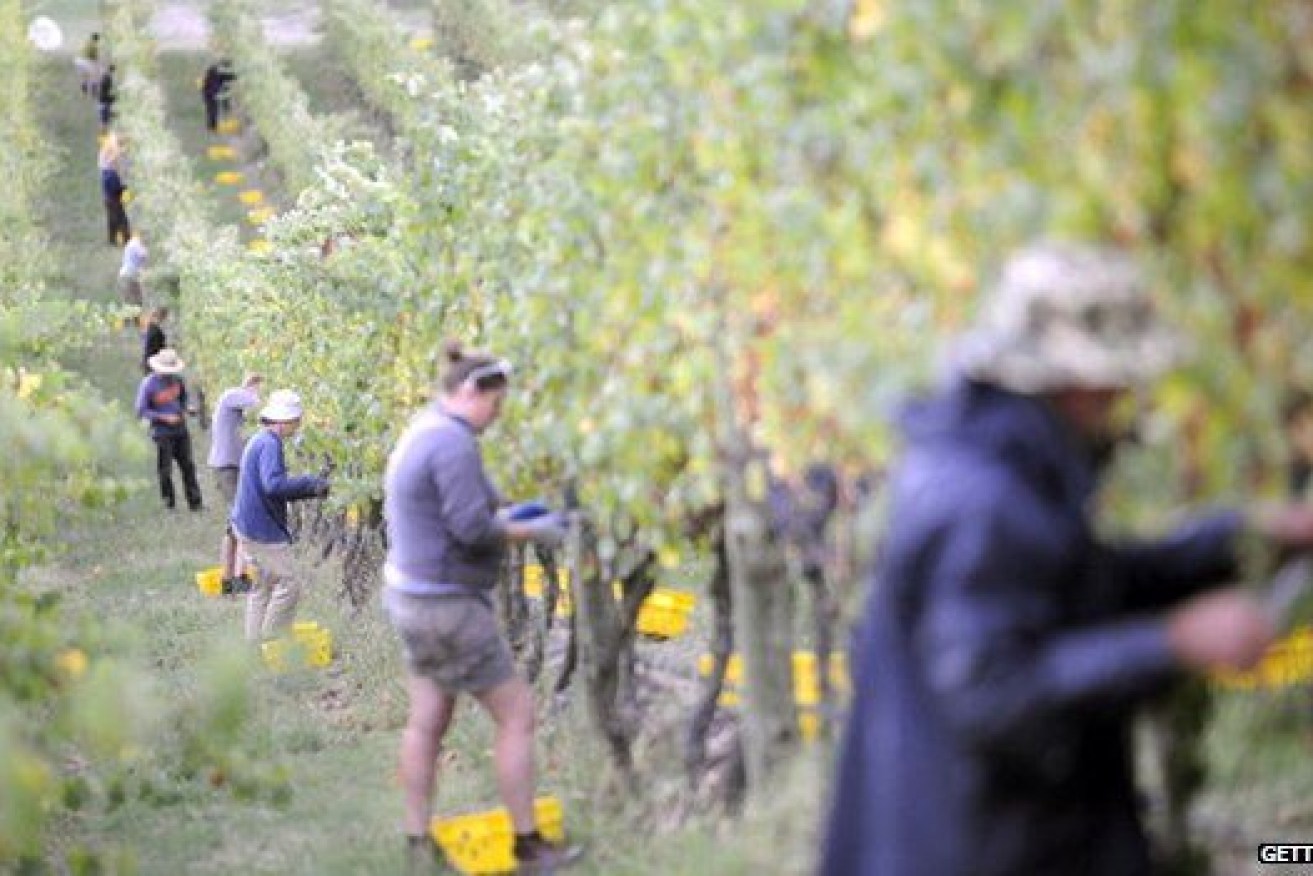Pacific Island workers losing 10 per cent of pay they send home
Australia and New Zealand have joined forces to ensure Pacific Islander workers and their families keep more of the money they earn.

More than 12,000 seasonal workers come to Australia from the South Pacific (ABC pic).
The Department of Foreign Affairs and Trade has asked the private sector to help address the high cost of remittances from Australia and New Zealand to the Pacific.
More than 12,000 seasonal workers came from Pacific Island countries in 2018-19 to work on Australia’s farms and in other sectors. It is estimated that about A$160 million is sent home each year, yet various fees strip away, on average, 10 per cent of the money earned.
While the travel restrictions have caused havoc for Pacific worker schemes, it has not stopped DFAT calling tenders to help solve the remittance issue.
“Our aim is to foster a dynamic, competitive and transparent remittance market in Australia and New Zealand, so that people can send the most money home to support their friends and family,” DFAT told the private sector last week.
“The cost of sending remittances to the Pacific from Australia and New Zealand currently averages 9 per cent; higher than the global average of 6.67 per cent.”
The United Nations has a Sustainable Development Goal of reducing average remittance costs to less than three per cent by 2030, with no remittance corridors with costs higher than five per cent.
While the likely practical steps to resolve the issue remain unclear, there will be a push to raise awareness of the Send Money Pacific website, backed by the governments, which provides comparisons of transfer fees.
Research conducted by the governments last year found less than 18 per cent of Pacific Island workers and their communities were aware of the website, but were positive about it when it was explained to them.
The research also emphasised that “remitting is personal, not transactional,” and had much deeper connotations.
“Remitting plays a central role in the lives of workers and diaspora,” the research found.
“Earning money to remit meant workers and diaspora were living in service of family and community. For diaspora especially, it was a means of staying connected with cultural identity, but remitting was not always a positive experience for either cohort, with financial duress reasonably common.”
The research found low levels of digital literacy meant many workers were more likely to follow social norms, and Western Union’s network of physical locations gave it a competitive advantage.
The bid to resolve the issue comes after Prime Minister Scott Morrison remarked in June that there had been “no slavery in Australia,” offending the South Sea Islander community who accused him of overlooking the long history of ‘blackbirding’. Morrison later clarified his comments and acknowledged ongoing efforts to address indentured labour.












